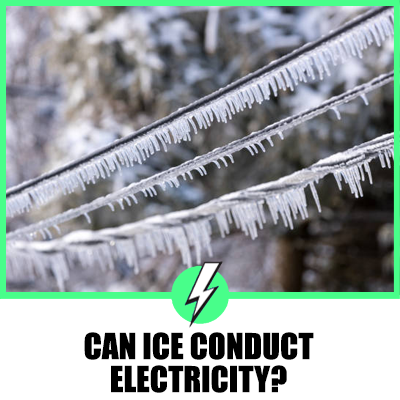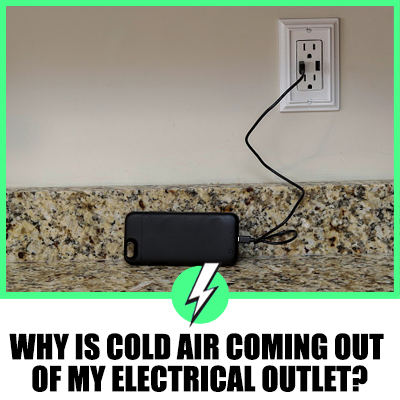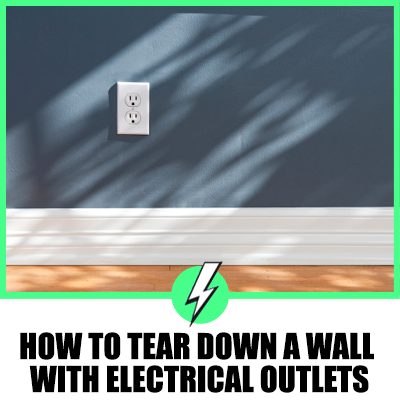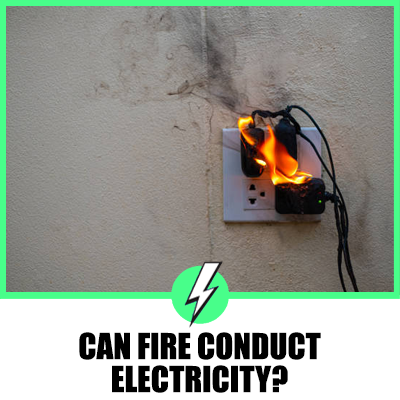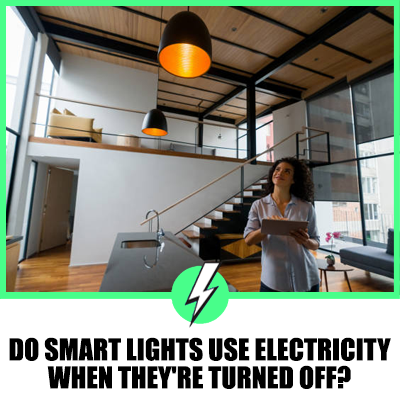Is A Fridge Electronic Or Electrical
Have you ever thought about the difference between electrical and electronic? How are the two distinguished?
With so many electrical and electronic goods on sale, how do you know which is electrical and electronic? As a rule of thumb, if something uses electricity and energy, it is electrical. If the product uses the electricity manipulated, such as through circuit boards with resistors, the product is deemed electronic.
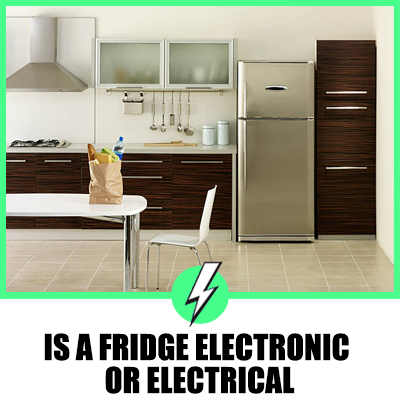
Contents
Is a fridge electronic or electrical?
Traditionally your refrigerator would be considered electrical, and still, many are electrical today. Its basic function is to take the heat out of the fridge space by mechanical means such as adiabatic pressure changes that cause gas to cool or heat.
However, over the last decade and maybe longer, the humble refrigerator has been specified to do more than cool down your beers and cooked meats from the supermarket.
Refrigerators can not contain smarter systems that track your food and use-by dates. So are these not deemed electronic?
No, the basic function remains the same where it tackles charged electrons to complete its function.
Is a refrigerator gas or electric?
They can be both. Refrigerators can work both on electricity and gas and perform equally as well.
If you are an avid camper, you may have a gas refrigerator as part of your camping equipment or installed in a caravan.
The primary source of power comes from propane.
How do gas fridges work?
Chemical reaction. The gas fridge is a sealed system containing water, liquid ammonia and hydrogen gas.
The propane heats the mixture to its boiling part, called the generator. The gaseous concoction is forced around the system until it reaches the condensing chamber and cools again into a liquid where it mixes with hydrogen that absorbs the heat from the fridge compartments.
The process is repeated over and over again to keep your fridge cool.
What are the 6 electrical appliances in the kitchen?
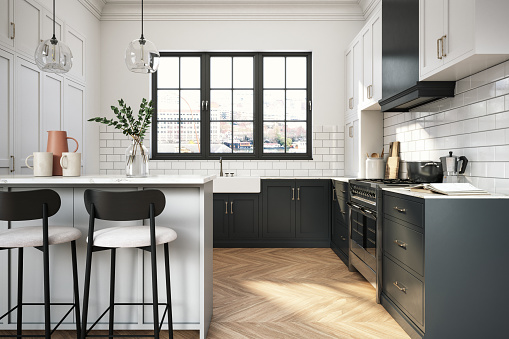
- Gas cooker and hob, the oven is often electric due to its favourable heat controls, and the oven can be gas, but both are electrical as the hob uses an electrical lighter.
- Microwave ovens are electric. The electricity runs into a magnetron that produces enough energy to zap your food.
- Of course, even if it does have smart technology, your fridge freezer is still considered electrical.
- Pressure cooker, electric or gas, uses a simple heating supply and mechanical steam vent.
- Cooker hood, is electrical, just a small motor and a couple of bulbs.
More kitchen appliances are electrical, but you are getting the gist of things now to what is electrical in your home.
What appliances and electronics use the most electricity?
Here are the 5 items that consume the most electricity in your home:
- Water heater immersion heaters are renowned for using lots of electricity, and it can take a water tank slime time to heat sufficiently.
- Appliances like your washing machine, dishwasher, tumble dryer, and fridge freezer are all responsible for making your electricity bills high.
- Lighting, the small little bulb in your home is eating away electricity because mostly it does not need to be on. Bulbs get little to no thought. Investing in a smart lighting system with PIR sensors could save you a lot of cash.
- Television and audio equipment. It’s hardly surprising that the TV in your home uses a lot of electricity. It’s on for hours at a time and, in some cases, most of the day if you have a young family. Those little LED lights showing your TV use a stack of power when you leave them all year round. Don’t forget the vampire draws on your power.
- Should you have air conditioning, don’t be surprised at the amount of energy they consume. If you want air conditioning in your home, opt for the inverter type to cut down on electricity.
Do appliances use electricity when plugged in but turned off in the UK?
Yes, it’s termed vampire energy or phantom energy. Even if your appliance is turned off but still connected to a power supply, it can still draw power and don’t forget the standby lights.
It’s said that by unplugging all of your appliances (kitchen can be switched off from the fused spur), you can save around £150.00 per year—that’s a massive amount of money for just taking seconds to unplug an appliance.
Is switching off at the wall the same as unplugging?
Maybe? Not all power outlets have an on-off switch, and should you solely rely on an on-off. It takes minimal effort to unplug a tv or games console, so make an effort and save some cash.
Does leaving a phone charger plugged in use electricity?
Yes. There are a few factors to consider here, how many phone chargers are in your home? And are they always left plugged in when not charging?
Suppose the answer to the latter question is yes. In that case, there is a double whammy to consider, your charges are consuming electricity despite not being connected to a phone, it’s a minimal amount, but it is happening.
By leaving a charger connected while not charging, you are shortening the charger’s life.
How can I reduce my electric bill in the UK?
Many ways. It’s a common-sense case when it comes to reducing energy bills. Using less energy will make a substantial difference to your lifestyle.
- Turn off standby lights. By turning stand-by lights off, you can save a massive £30-40 per year and more if you have lots on in every room in the house.
- Turn Down your thermostat by 2℃ and see how much lower your energy bill is, and you will hardly notice the difference.
- Buy efficient appliances, and check the energy rating.
- Wash clothes on a lower temp, the detergents can handle cooler washes, and you will not notice the difference.
Investing in smart technologies to reduce energy costs is always a great idea.
